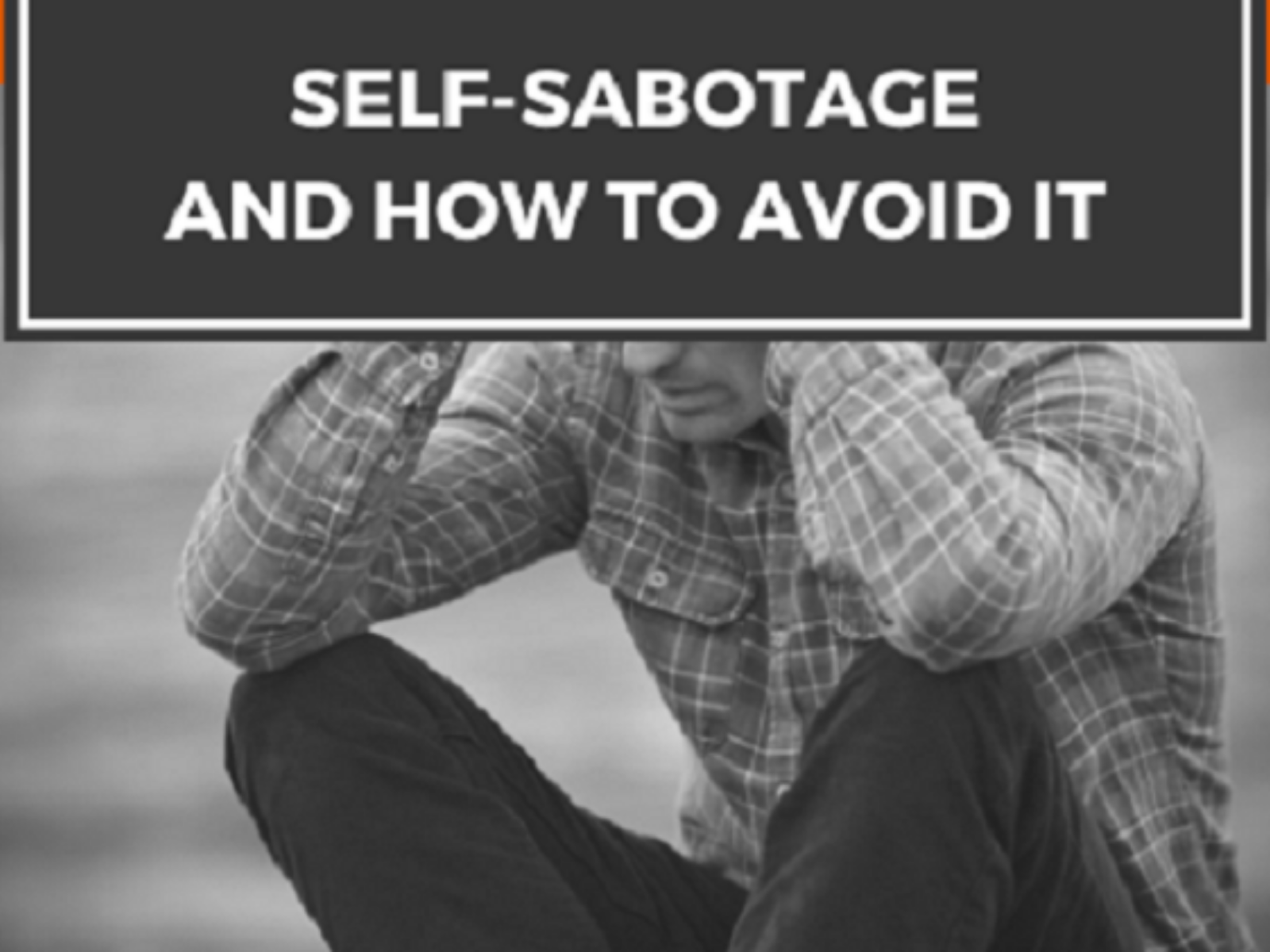Fear of the unknown is also a common form of self-sabotage – something I have seen a lot with my clients who are struggling with their growth efforts. Fears of all kinds usually stem from beliefs that we hold onto from childhood. Fear of change can result in what is referred to as “upper Limiting.” This is when we subconsciously sabotage growth opportunities. Feelings of unworthiness or not feeling supported can also lead us into failing to pursue our dreams.
When we self-sabotage, we create a variety of excuses in our heads as to why we cannot do what we know we want or need to do. However, there are often much deeper reasons as to why we may be holding ourselves back from our goals. Luckily, by knowing how to identify self-sabotaging behavior, we can remedy this habit of acquiescing to our limiting beliefs
Identify and Accept Weaknesses
Everyone has strengths and weaknesses which can either put them at an advantage or disadvantage. It is important not to internalize our weaknesses or take them as proof that we are failing at life. Instead, try observing areas that you can improve and work on improving them. Having a growth-mindset will keep you motivated to continue deepening your abilities, talents, occupation, and overall productivity.
Play to Your Strengths
Identifying areas of strength is very important to understand your own self worth. Everyone seems to have their own niche. People should aim to find out what they are good at and play to their strengths. This will bring a boost in self-efficacy as well as an increase in one’s level of confidence. By focusing on your strengths, you may even find more talent and skill than you knew you had. It becomes an upward spiral – and that’s always good!
Feeling Secure
Some people mentally sabotage themselves without even realizing as a form of self preservation. This is done to avoid any potential setbacks or disadvantages. Some people feel safer simply not trying rather than taking any type of risk and failing or making a mistake. If our level of self-esteem is strong enough, we won’t be resilient when dealing with setbacks and disappointments. This can lead to become discouraged and giving up.
Feeling secure in life is fundamental in avoiding self-sabotage. Try reminding yourself that it is always better to try than to not try at all. This is how we learn. If you ask successful people they often say they got more from their failures than their successes. When you are stepping out into new territory, try framing it as an experiment in which
Please login to comment.






